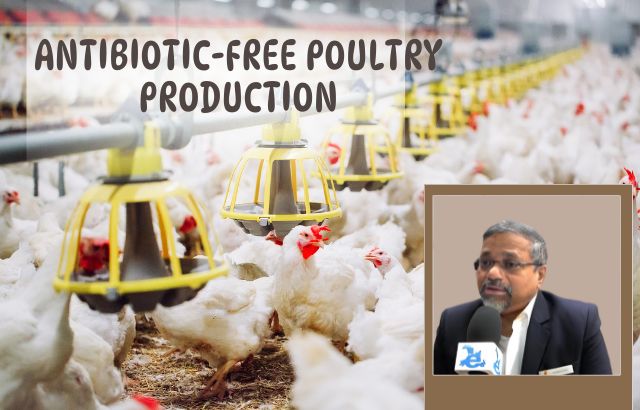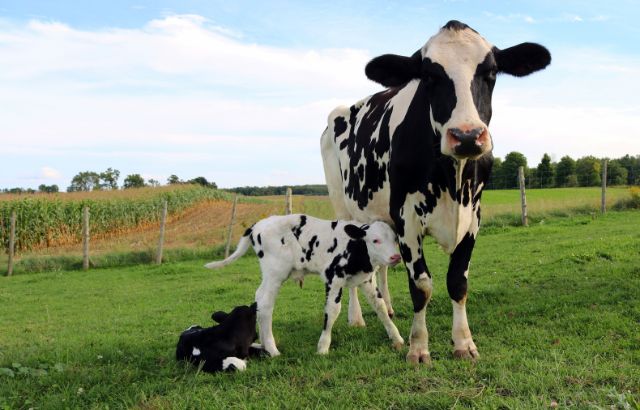In the realm of livestock care, a growing trend towards natural remedies and herbal supplements has gained momentum. Farmers and ranchers are increasingly turning to holistic approaches to promote the well-being of their cattle. This shift is not only rooted in a desire for sustainable practices but also in recognizing the potential benefits of natural remedies in supporting overall cattle health.
Essential Oils for Stress Reduction:
Just as essential oils are utilized in human wellness, they can also be beneficial for cattle. Lavender and chamomile essential oils, for instance, are known for their calming properties. Integrating these oils into the cattle environment can help alleviate stress, particularly during transportation or periods of change.
Herbal Supplements for Digestive Health:
Maintaining optimal digestive health is crucial for cattle well-being. Herbal supplements such as peppermint, fennel, and ginger can aid in digestion, reduce bloating, and alleviate gastrointestinal discomfort. These supplements can be incorporated into the cattle’s feed or water for easy consumption.
Garlic and Turmeric for Immune Support:
Garlic is renowned for its immune-boosting properties, and turmeric contains curcumin, known for its anti-inflammatory and antioxidant benefits. Adding small amounts of garlic and turmeric to cattle feed can contribute to enhanced immune function, helping them resist infections and diseases.
Neem Oil for Pest Control:
Neem oil, derived from the neem tree, is a natural insect repellent. Applying neem oil topically or incorporating it into a grooming routine can help control external parasites such as flies and ticks. This provides a chemical-free alternative to conventional pesticides.
Aloe Vera for Skin Health:
Aloe vera is recognized for its soothing properties and can be beneficial for addressing skin issues in cattle. Applying aloe vera gel topically can help alleviate skin irritations, cuts, or sunburn. Additionally, it can be added to feed for internal skin health support.
Nettle and Dandelion for Nutrient Boost:
Nettle and dandelion are nutrient-rich herbs that can provide essential vitamins and minerals. Incorporating these herbs into cattle diets can contribute to overall nutritional balance, supporting healthy growth and development.
Mint and Eucalyptus for Respiratory Health:
Mint and eucalyptus are known for their respiratory benefits. Inhaling the vapors of these herbs can help clear airways and support respiratory health in cattle. These herbs can be introduced through diffusers or added to bedding material.
Chamomile for Calming and Anti-inflammatory Effects:
Chamomile, with its calming and anti-inflammatory properties, can be beneficial for stressed or agitated cattle. Adding chamomile to their environment or incorporating it into their feed can have a soothing effect on their nervous system.
Conclusion:
The integration of natural remedies and herbal supplements into cattle care practices aligns with a holistic and sustainable approach to livestock management. While these remedies can contribute to overall well-being, it’s essential for farmers to work closely with veterinary professionals to ensure a balanced and tailored approach to cattle health. By embracing the power of nature, farmers can foster a harmonious environment that promotes the health and vitality of their cattle.












